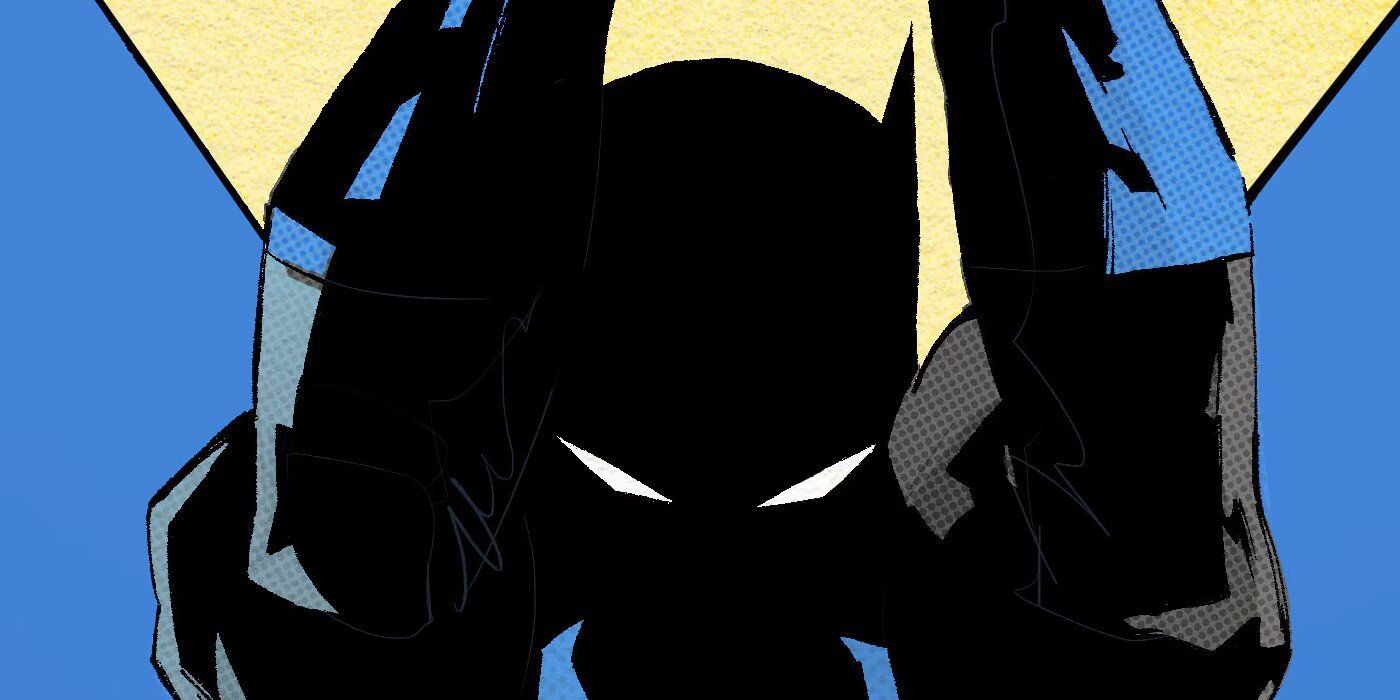I read an email warning me about my mother’s impending death on a Wednesday in May 2021. It was just before I was to drive across town to a screening of “In the Heights.” Someone thought this film might take my mind off of my mother’s mortality, but I’m sure he didn’t know the themes explored there. While the musical celebrates young love and the immigrant experience, the less glamorous subtopic is the suffering of immigrant women, faced with prejudice and its attendant indignities. It’s here that Lin-Manuel Miranda music and lyrics and Quiara Alegría Hudes book gave me a lesson about perspective.
Looking back at my mother’s life and the life of so many women of her generation, it’s easy to dismiss them as just housewives and women who were mere clerical workers and had hobbies. Their main achievements were their children, if they had any. With the “In the Heights” evening screening, my mother’s life and death is forever linked to musicals in my mind.
Both Miranda and Hudes are US-born—New York City and Philadelphia, respectively. So was my mom. She was born in Los Angeles, not far from where I currently reside. Unlike the Washington Heights of the musical, the Japanese-American community she was born into, Terminal Island, no longer exists. But my mother’s family had left Los Angeles for San Diego County when she was six, buying a farm in an American-born infant’s name, because the alien land laws (California Alien Land Law of 1913) prevented my grandparents, Sueichiro and Tora Azuma, from owning land. They could not become citizens, but their children were citizens by birth. That circumvention of the laws was legally challenged by the state of California in 1944 in Oyama v. California. I wonder how my grandparents, my mother and her siblings felt as that Oyama case worked its way to the US Supreme Court where a decision was made in 1948 that would help dismantle the alien land laws in the following decade. Oyama was in Chula Vista, California, my hometown.
My first memories of Los Angeles, a place I now call home, are about shoes. My mother, older sister and I were preoccupied with shoes, but not in an Imelda Marcos way. Finding adult shoes was hard work when your shoe size is women’s 3.5 or children’s 2.5. Ordering shoes online was a hit or miss. After I left for college, my mom would often save mail-or online-ordered shoes that were too narrow for her and give them to me.
Driving in my red hybrid to the “In the Heights” press screening, I was both following a path laid out by my mother and rebelling against it. She didn’t want me to learn how to drive, to drive alone or to drive at night … or, when I was younger, to wear cowboy boots.
I was, my mother had told me, that stubborn nail from the Japanese saying, “deru kugi wa utareru.” (出る 釘は打たれる) or deru kui wa utareru (出る杭は打たれる). “Deru kugi” is supposed to contrast the American proverb: “The squeaky wheel gets the grease” and expose cultural differences, but in the US, we also have the saying, “Don’t rock the boat.” But even common day Japanese women rocked the boat. Think of the Japanese mothers portrayed in “Ikiru,” complaining to the bureaucrats until the dying Kanji Watanabe (Takashi Shimura) decided to be their champion.
Daniel Crump Buchanan’s Japanese Proverbs and Sayings translates “Deru kugi” as “It is sometimes better to lie low than to be forward, for the latter will certainly cause trouble.” Besides suicidal battle proverbs, under the category of courage, Buchanan listed “Gi wo mite sezaru wa yū naki nari” or “He who sees righteousness and does not do it is not brave.” There’s also “Un wa yūsha wo tasuku” or “Luck saves the brave.” There are different kinds of courage. Not all courage is displayed on the fields of battle. There is everyday courage in the lives of many minority women.
A key figure in the musical and movie, “In the Heights,” is an elderly woman, an abuela. She is nobody’s grandmother, but everyone’s grandmother and she has taken the main character, Usnavi (Anthony Ramos), and his cousin, Sonny (Gregory Diaz IV), under her wings. She, we learn, is from Cuba, while Usnavi is from the Dominican Republic. These are both islands, but different cultures. Usnavi tells the audience, “Abuela Claudia never had kids, so she adopted the whole block as her own. Adopted our sueñitos, too.”
Abuela Claudia (Olga Merediz) suffered, but she survived with faith. She felt the prejudices, both class and toward her ethnicity, but she wore gloves to cover the cracked skin on her hands, damaged from the caustic cleaning chemicals. She says, “We had to assert our dignity in small ways. That’s why these napkins are beautiful. That’s why my mother’s gloves were beautiful. Little details that tell the world, we are not invisible.”
My mother had dreams. She briefly attended college classes in art. I have one of her books which displays naked women as objects of desire and men in modest trunks in heroic athletic poses. As I studied art history on the way to my bachelor’s degree, there were no women in the art history books and Japonisme was a craze for Japanese art and design. A woman’s gaze and East Asian aesthetics were both foreign interlopers in the studio classes taught predominately by White men. How much worse it must have been in a generation where anti-Asian laws were accepted as was everyday racism and sexism. My mother and father grew up in a time when Filipinos and Latinos were being lynched in California. She lived long enough to receive reparations. (My father did not.) But also to have racist words bleached on her lawn while I was away at college.
Preparing to visit my dying mother, I searched through my CDs, picking out Mary Martin and Rodgers and Hammerstein musicals. I only had the Julie Andrews version of “The Sound of Music.”
I drove down Thursday afternoon, leaving my husband with our dogs, and spent a few hours singing from “The Sound of Music,” “Annie Get Your Gun” and “Jungle Book” to my mother. My childhood soundtrack had been dominated by the original Broadway cast recording of “The Sound of Music.” Thursday night back from San Diego as I attended to the needs of our increasingly infirm eldest dog, I ordered it from Amazon for my next visit. It arrived on Friday night. My mother died early Saturday morning.
The 1959 stage musical included songs that were dropped in the movie, including “No Way to Stop It.” This song addresses differing political viewpoints toward the annexation of Austria to Nazi Germany. Captain von Trapp’s fiancée, Baroness Elsa Schräder, and his friend Max believe the best thing to do is to pretend one is on the side of the Nazis.
The Captain sings, “I will not bow my head to the men I despise!”
Max responds, “You won’t have to bow your head, just stoop a little.”
Within those two lines resonate the differing points between the European culture, even amongst aristocrats, and the East Asian culture. In Japan, everyone bows to everyone. It doesn’t necessarily have the same meaning of subordination. Yet think of how the Chinese practice of bowing (叩頭 or 磕頭) became, kowtow, an English expression with, according to Merriam-Webster, the first definition of “to show obsequious deference.” Rodgers and Hammerstein did attempt to bridge the cultural gap between Asian Americans (“Flower Drum Song”) and Pacific Islanders (“South Pacific”). For their time, they were progressive.
In many ways, “The Sound of Music” is part of the same story as “In the Heights.” At the end of “The Sound of Music,” the von Trapp family is illegally immigrating, fleeing from Nazi-occupied Austria to neutral Switzerland. The real family didn’t escape so dramatically, taking a train to Italy before their US tour and they even returned to Saltzburg in 1939 as war was breaking out. They made it safely back to the US and the von Trapps settled in Vermont.
“In the Heights” is about different immigrant families and their dreams in the NYC neighborhood of Washington Heights. This is a community that both rejoices in their Latino roots and recognizes how prejudices hold them back (with the film being more overtly political than the stage production). Their community swirls around the bodega and they almost seem to live on top of each other, a foreign concept to some West Coast ethnic communities entrenched in rural to semi-rural areas. When my mother was a child, on any given day, you’d more likely see a rabbit or rattlesnake than your nearest human neighbor from my grandmother’s farmhouse. When I was a child, that was the place we gathered for New Year’s Day to watch the Rose Parade. The four-legged coyotes singing broke the silence of the late afternoons and nights instead of your garage band neighbors. Yet like the dreamers of “In the Heights,” some Japanese Americans dreamed of returning to the motherland and the only way out of life as a farmer seemed to be college.
My mother, widowed when siblings and I were all still dependents, took us on adventures to dig for buried treasure–rocks and minerals. She sent me across country to Chicago one summer. She worried. My high school French teacher joked that she always seemed worried while I always seemed assured and sociable in classes. My mother worked as the counselors’ secretary at my high school, but at the time, I didn’t understand that secretaries and clerk typists were raising some feminist hell that resulted in a movement (“9to5: The Story of A Movement“) that birthed a musical (“9 to 5“).
I don’t know how active my mother was. My impression was she was more a supporter/follower than a trailblazer, but she raised three first-generation college students. My sister and brother received degrees in science. My sister left to live abroad and sells her art. And I got a degree in art, the degree that my mother had wanted, and I traveled as an exchange student to Japan, Taiwan, Korea and Europe. My mother did travel nationally and abroad and take art classes. In her later years, she grew forgetful. Her friends tell me she was always cheerful. As I waited for my two jabs, I worried about her, particularly when I was faced with anti-Asian confrontations or read about Asian-American seniors being beaten.
During the pandemic rest-in-place mandates, I worried about how my mother. My aunt could remember San Diegans buying tickets to sell-out houses of George Takei’s “Allegiance” at the Old Globe. She marveled at the predominately White audience and some of our family members’ names could be found in the accompanying local history display. She died before the pandemic. My mother, who could not talk about those days when her fellow Chula Vistans and San Diegans betrayed her and her family, didn’t want to see that musical. On the Saturday she died, I was glad that she didn’t seem to be aware of the growing animosity toward people of East-Asian descent and had not, during her last days, felt the rage.
Now when I hear Mary Martin’s clear tones singing as the novice Maria, I think about my mother. I’m filled with the hope I had as a child. When I hear “In the Heights,” there’s a poignant haze of the end of days. At the burial, my brother gave me a bag of shoes and some East Asian style paint brushes. Two pairs of boots, I had given her. The others were ones that had been too small for her and must have been waiting for me. Certainly, there were times when people try to beat minorities down even now. So there are more mountains to climb and I believe that the brave are lucky, but not all of us are brave in the same way. We must have patience and faith and those are lessons that I learned from my mother.
You can view the original article HERE.

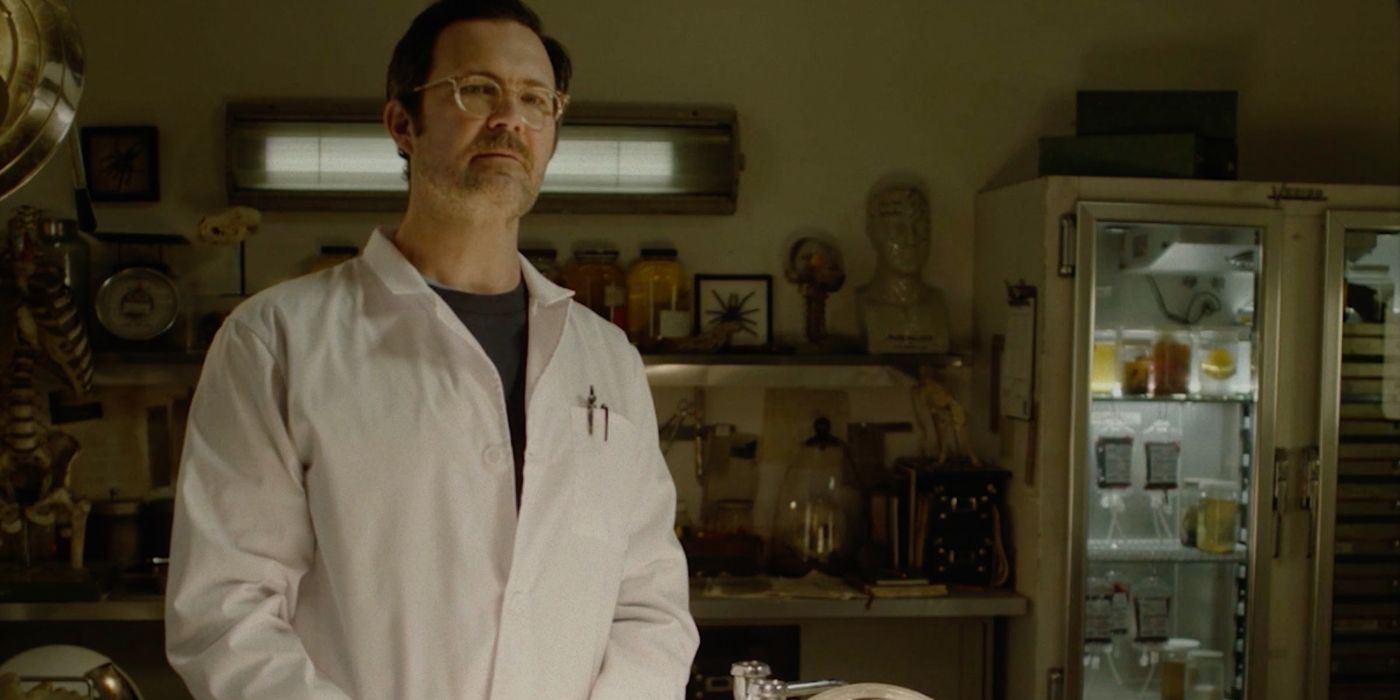
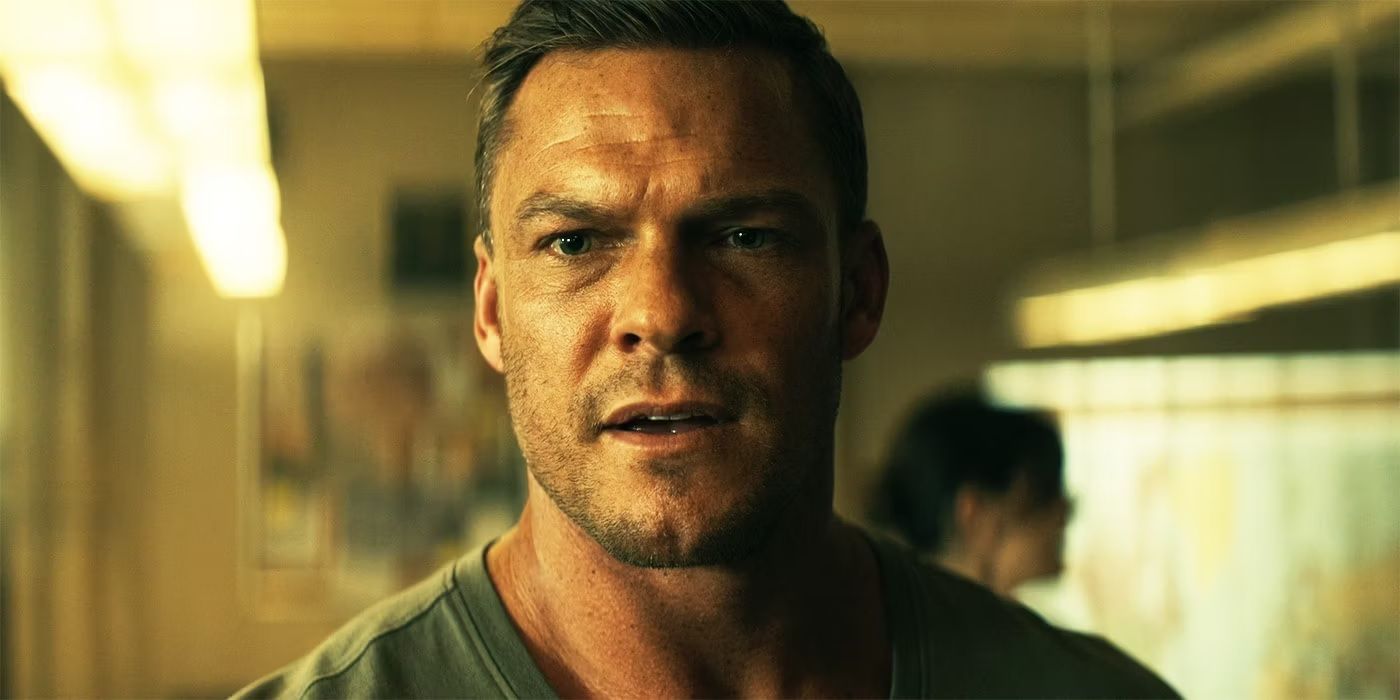

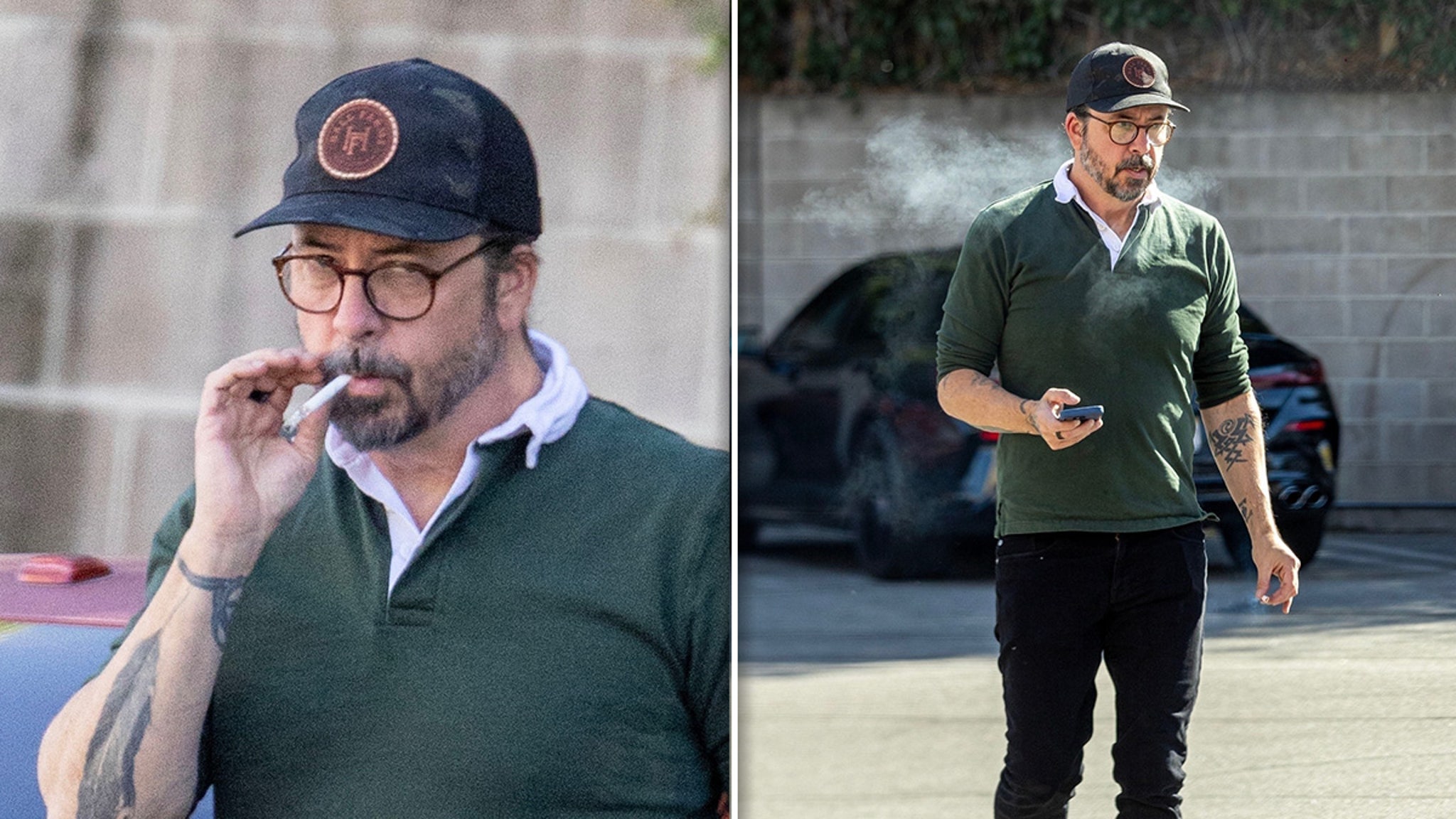

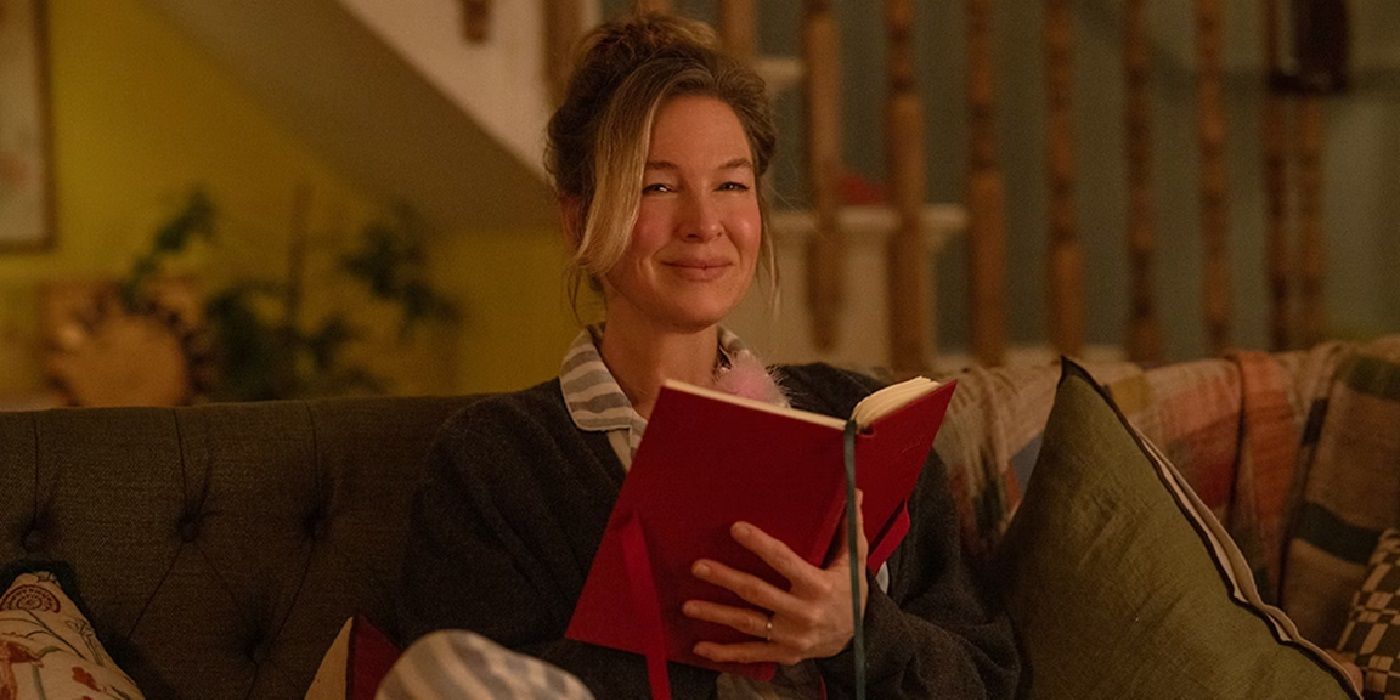







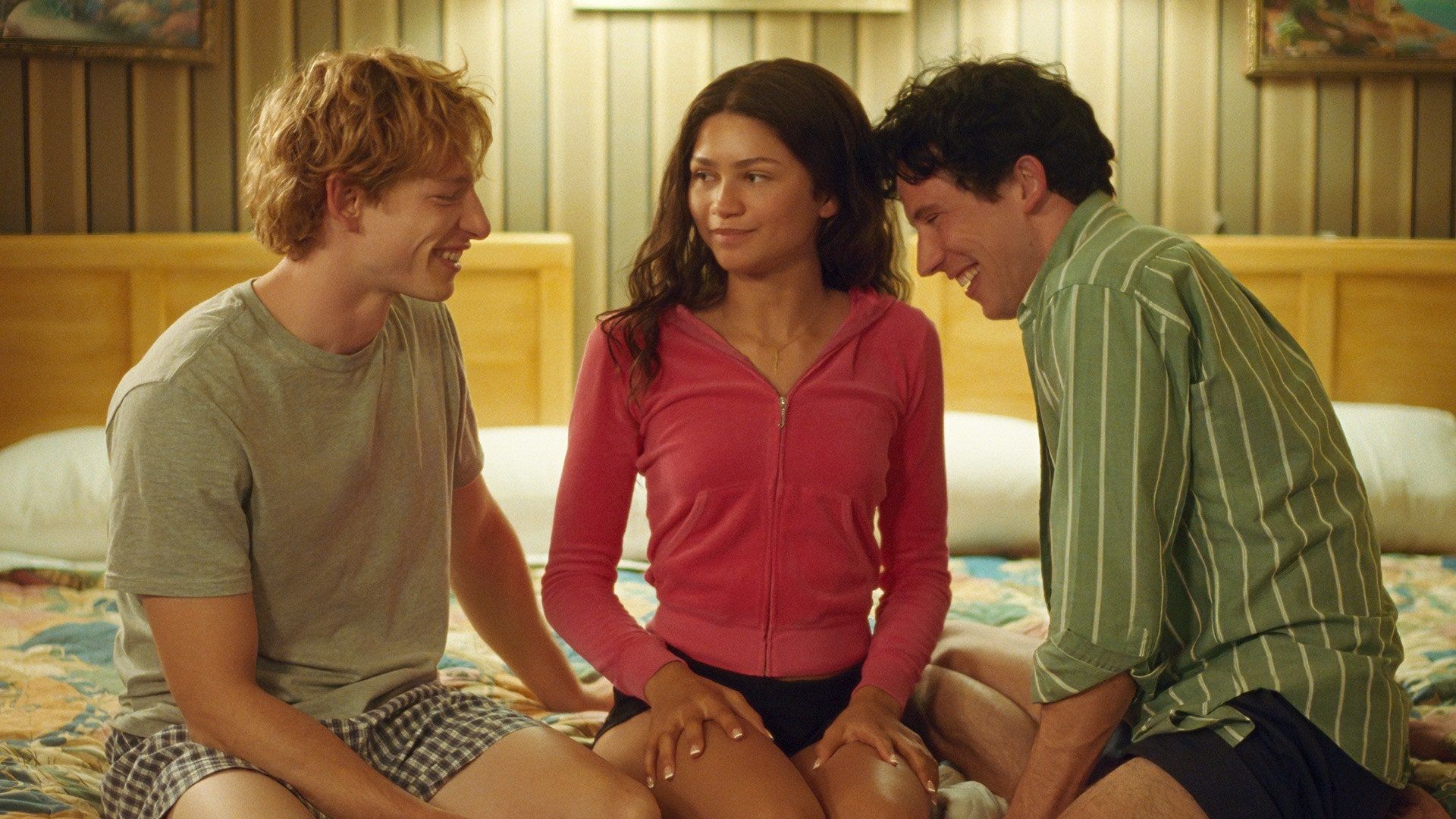
.jpg)








